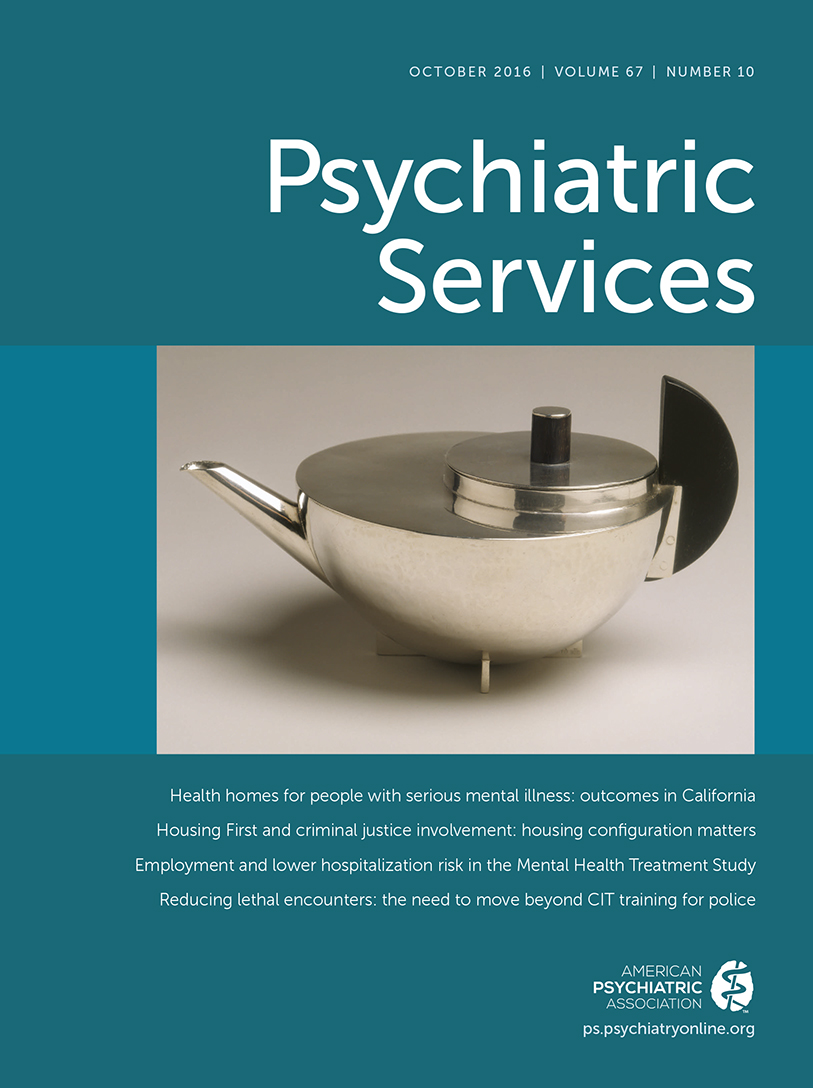Mermaid: A Memoir of Resilience

Mermaid is a humorous memoir detailing the dynamics of a girl growing up in a large Catholic family during the 1960s and 1970s. She faces struggles typical of most childhoods, such as dealing with bullies, heartache, pain, self-discovery, and finding her place in the world. However, she does this all without legs.
Ms. Cronin was three when she first realized she was different. Prior to this moment, she “squiddled” around without awareness of her unique situation in life. When she was older, she was fitted with prosthetics. These are the source of many humorous tales throughout the memoir, which takes the reader through her struggles to navigate the various stages of adolescence.
Ms. Cronin was eight when her mother began her long battle with mental illness and was hospitalized for the first time. Ms. Cronin describes the slow loss of her mother during these periods and the lasting effects of various medications and shock treatments. Their once “slick” mother with “razor sharp comebacks” was lost and replaced by a woman who “no longer walked; she careened.” Ms. Cronin was hesitant around her mother as a result, and it complicated matters when searching for answers about her legs. She had long suspected her mother of taking the drug thalidomide during her pregnancy. However, her mother routinely denied this, instead telling her that her lot in life was God’s will. This unknown created much angst for Ms. Cronin and brought up many concerns regarding marriage and childbearing.
As Ms. Cronin progressed through college and continued her path of self-discovery, she grew apart from her family and continued to challenge its strict Catholic views. She battled alcohol addiction after a brother, to whom she was very close, passed away. This addiction later led to a failed marriage and very dark place for Ms. Cronin. Searching for hope and looking to help others like herself, she began volunteering at hospitals, which eventually led to a doctoral degree in clinical psychology. This memoir of trials and tribulations ends in a place of peace, when she finds true acceptance from her second husband and a daughter of her own.
In the end, Ms. Cronin’s wit continuously shines through, and she shows us that with humor and honesty, people can conquer most things in life, no matter how tragic. This book would be of interest to anyone in the mental health field or to those working with physical disabilities.



